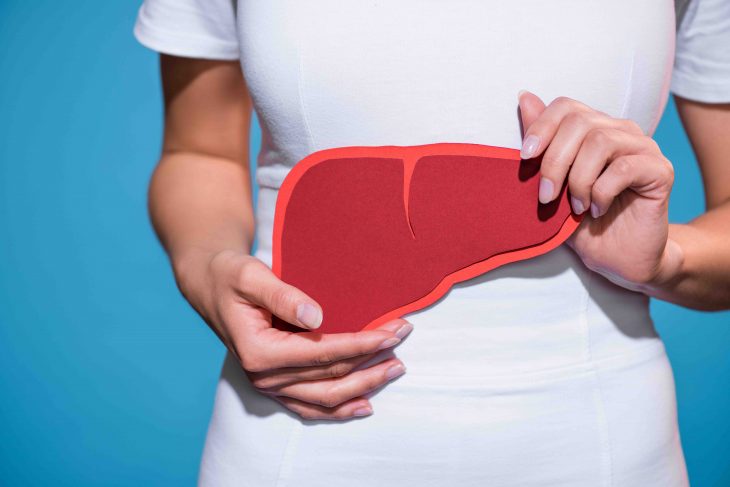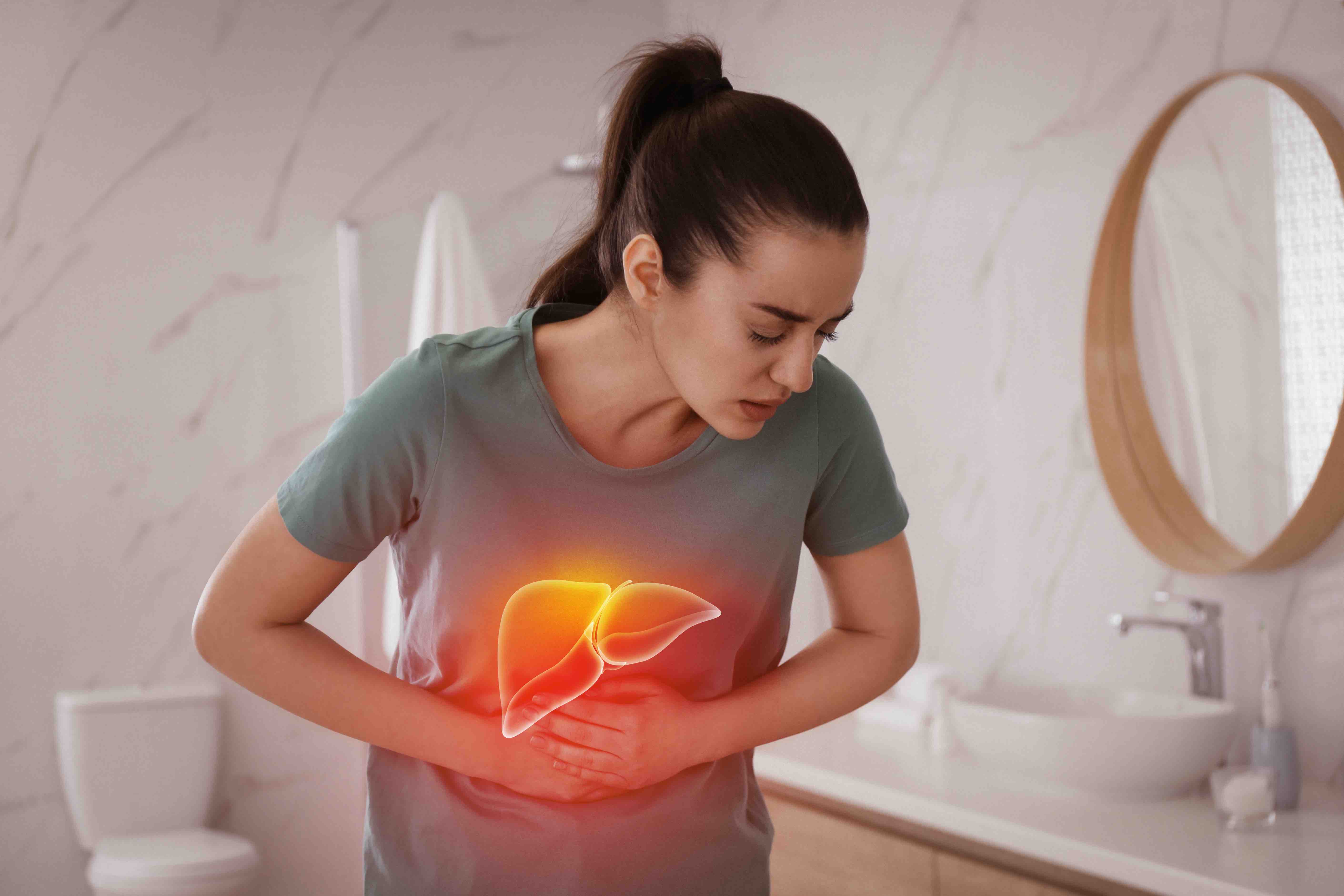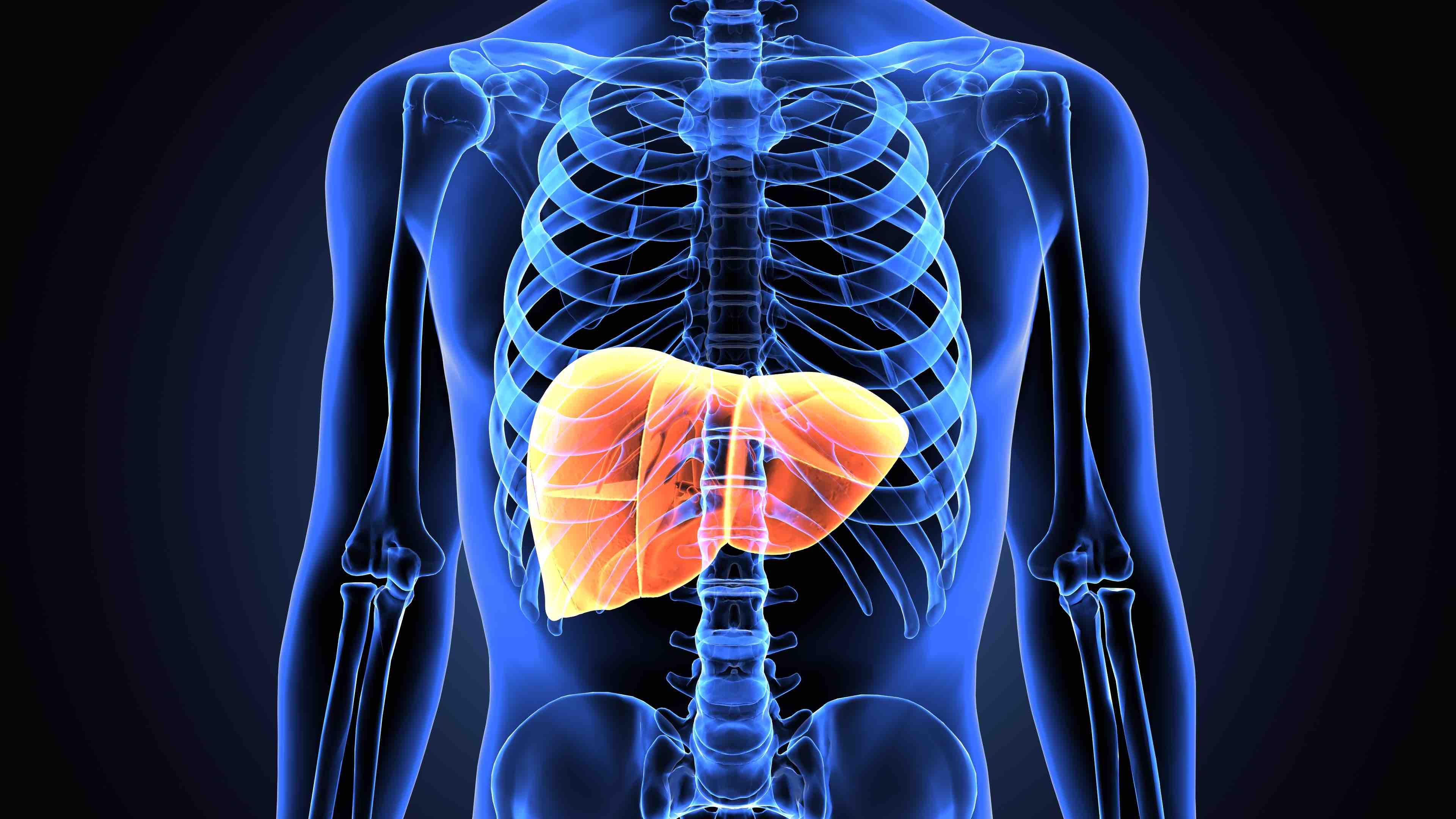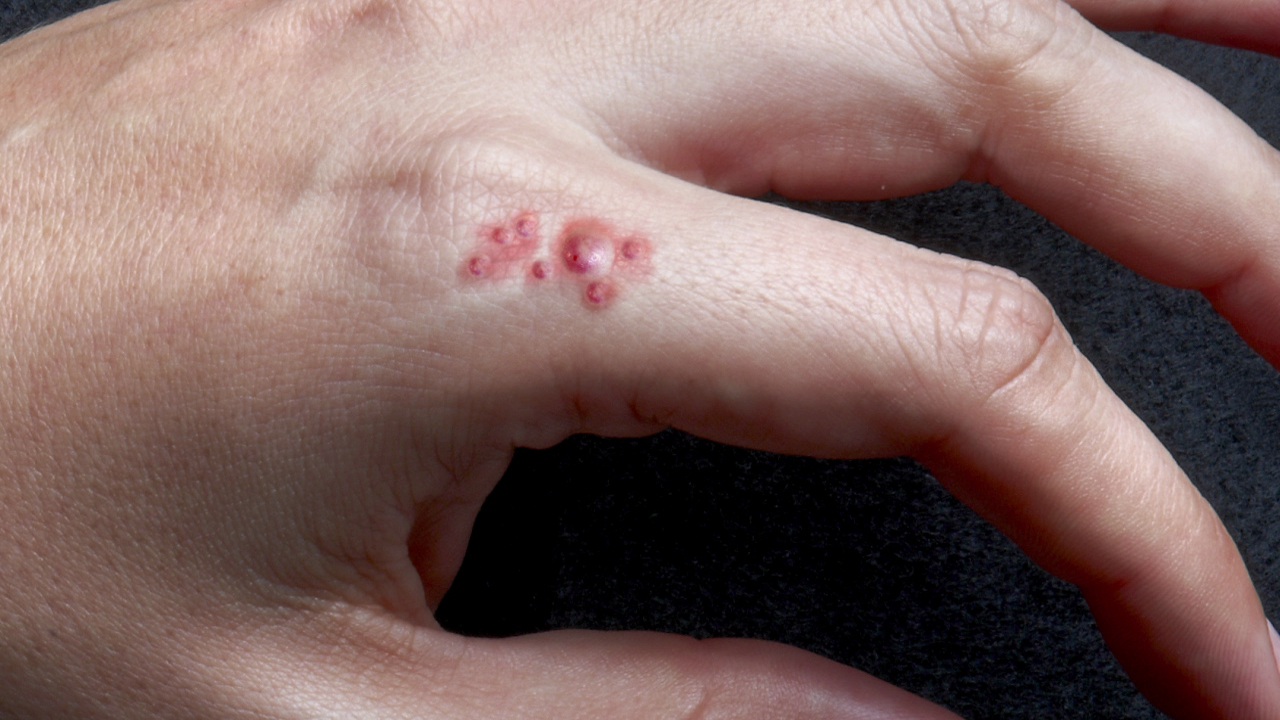
There’s a marvel of nature working quietly inside our bodies, executing a wide range of functions crucial to our survival. It’s the liver, the body’s largest internal organ, playing vital roles from digestion to detoxification. You may think that the heart is the most important organ in the human body, but the liver may just trump it. Once a liver stops functioning, the body will also break down and the person dies.
So, why is the liver such an essential organ? Let’s delve into 20 fascinating facts about the liver that underscore its significance and reveal why we should take good care of this essential organ.
Our liver is the largest internal organ.
The liver wears the crown for being the largest internal organ in our bodies and the second largest organ overall (after the skin). Weighing about 3 pounds, it’s roughly the size of a football. The liver is located on the right side of our bodies, just behind the lower ribs.
Our liver might just be the best multitasker in the world.
The liver is a multitasking marvel, performing more than 500 different functions. This includes metabolizing carbohydrates and fats, filtering toxins, and producing essential proteins and bile.
There are over 100 kinds of liver diseases.

There are over 100 different forms of liver disease, with the most common being alcoholic liver disease, hepatitis, and non-alcoholic fatty liver disease. So, if you have been charging through hangovers, or eating too much fried chicken, we’d suggest giving your liver some well-deserved rest. At least that is something we can do to protect our livers.
The liver produces its own protein.
The liver stands tall as a protein production powerhouse. It synthesizes an extensive array of proteins, including enzymes, hormones, antibodies, and structural proteins. These proteins are essential for various bodily processes, maintaining tissue integrity, and supporting overall health. Some of the proteins it produces are albumin and globulin.
If our liver works, then our brain works.
Now, this co-dependence may be a shocking fact about livers, but it is true. One of the key functions of the liver is to regulate plasma glucose and ammonia levels. If the liver stops working, the deregulation of these levels can result in a condition known as hepatic encephalopathy and eventually coma.
It is also the gut-brain axis.
Adding to the liver-brain relationship, our liver is intimately connected to the gut through the portal vein system. The gut microbiome influences liver health, and emerging research suggests a link between gut health and brain function. A healthy liver contributes to a balanced gut environment, positively influencing brain-gut communication.
Size matters when it comes to the liver.
Though we live in a world where every size and shape is beautiful, that cannot be said about the liver, or any internal organs for that matter. The average liver size is 7 cm for women and 10.5 cm for men. Any span of 2 to 3 cm larger or smaller than these values is considered abnormal.
The liver is the gallbladder’s trusty sidekick.
The liver teams up with the gallbladder to aid in digestion. It produces bile, which is stored in the gallbladder and helps break down fats. They make quite the dynamic duo.
Every minute, the liver filters out over a liter of blood.
Every minute, the liver filters about 1.4-1.7 liters of blood – that is 22 gallons of blood in an hour and over 250 gallons in a day. It works this hard to remove harmful substances like toxins and bacteria, making it a key player in the immune system. Our livers are essential a blood-filtering hub.
The liver is one of the pioneers in organ transplants.

The liver was one of the first organs to be successfully transplanted, opening doors to life-saving procedures and offering hope to many. Though the kidney was the first organ transplant in 1954, the liver organ transplant occurred in the 1960s. As of today, liver transplants are the second most common type of organ transplant worldwide.
There is a World Liver Day.
Now, this is a fun fact about livers that many may not know about: April 19 is World Liver Day. This is a day to honor this remarkable organ and spread awareness about liver health and combating liver cancer.
Our liver is in charge of blood clotting.
The liver manufactures essential clotting factors, including fibrinogen and prothrombin, that are crucial for blood clot formation. These factors ensure that our bodies can effectively seal wounds and prevent excessive bleeding.
Livers were once used to predict the future.
Interestingly, the liver was considered a sacred and symbolic organ and is believed to hold insights into the divine will and future events. In Ancient Rome, a priest called a haruspex often carried out divination acts by looking at the entrails of sacrificed animals, often a sheep’s liver.
The liver is essentially a huge storage center.
The liver acts as a warehouse for various vitamins and minerals, including vitamins A, D, E, K, and B12, as well as minerals like iron and copper. These nutrients are essential for brain health, supporting cognitive processes, memory, and overall neurological function. And this brings us back to the point above: if the liver works, then our brain works.
Its main role though is its detoxification duties.
One of the primary functions of the liver is detoxification. It filters toxins from the bloodstream, preventing them from reaching the brain. By safeguarding the brain from harmful substances, the liver indirectly supports its health and proper functioning.
And, it is the recycler of red blood cells.

Red blood cells have a limited lifespan of 120 days, and the liver plays a pivotal role in their recycling. It engulfs and breaks down old or damaged red blood cells, extracting valuable components such as iron and heme. These components are then utilized for the production of new red blood cells or stored for future use.
The liver is the only organ that regenerates because of its unique cells.
This may not be news to some, but the liver is the only human organ that can regenerate. It can regrow to its full size even if as little as 25% of the original tissue remains.
Hepatocytes, the main cells in the liver, are the true heroes of regeneration. These cells have an exceptional capacity to multiply rapidly and efficiently, which aids recovery after a liver transplant. They divide and proliferate, filling in the gaps left by the damaged or missing tissue.
Was this page helpful?
Our commitment to delivering trustworthy and engaging content is at the heart of what we do. Each fact on our site is contributed by real users like you, bringing a wealth of diverse insights and information. To ensure the highest standards of accuracy and reliability, our dedicated editors meticulously review each submission. This process guarantees that the facts we share are not only fascinating but also credible. Trust in our commitment to quality and authenticity as you explore and learn with us.


